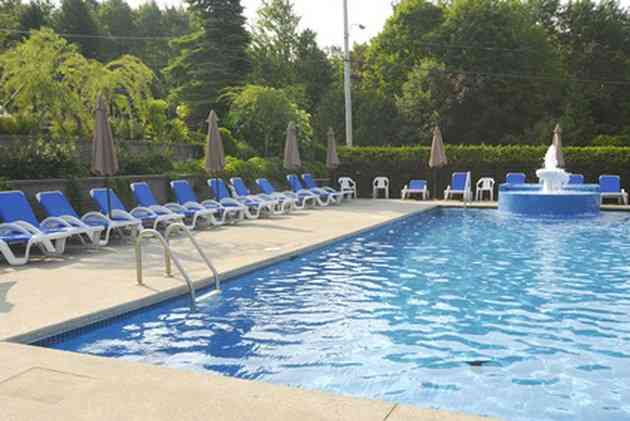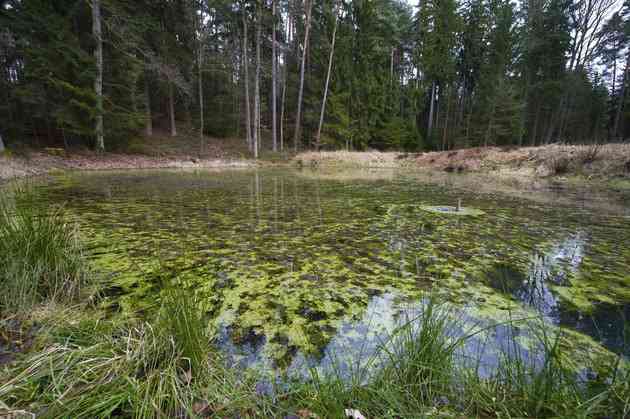Chlorine Vs. Salt Water Swimming Pools

Say the word "chlorine," and some people automatically get itchy. Skin and eye irritation resulting from badly maintained pools makes some swimmers wary of any pool chemicals. Those seeking chlorine-free options might choose salt-water pool systems for their backyard pools. Salt-water pools are not the same as swimming in the ocean, though, and their sanitation still depends on chlorine.

Definition
Left untreated, swimming pool water soon turns murky and green. Algae and protozoa thrive in the aquatic environment and left unmolested, bacteria, viruses and other contaminants turn water toxic to humans. Chlorination is an inexpensive and effective way to sanitize pool water, making it safe for bathers. The manner in which chlorine enters the pool differentiates standard chlorine-treated pools from salt-water swimming pools.
Function
Chlorine interacts with contaminants in the water to destroy or neutralize them. Because it is a very reactive element, chlorine acts quickly in the presence of ammonia from urine, or nitrogen from organic contaminants such as human or animal waste. As chlorine changes and binds with other elements, chemicals created in turn alter pool water balance. Chlorine also dissipates in the air over time, so maintenance of a chlorine pool requires regular testing of chemical levels.
Transport System
In traditionally treated pools, pool maintenance workers add either pure chlorine gas or chlorine compounds into the water. Salt-water pools use salt or NaCl as the omnipresent chlorine source. In the salt water system, titanium plates create a weak charge. In a process called electrolysis, and after further reacting with water, the salt changes into the chemical compounds used in traditional chlorine disinfectant processes, says "The Ultimate Guide to Pool Maintenance."
Effects
In salt-water pools, salt is always present and the system generates chlorine disinfectant compounds continuously. The steady supply of chlorine helps to avoid buildup of chloramines or byproducts of the disinfection process. Chloramines or chlorine compounds cause many of the symptoms commonly associated with chemically treated pools, such as eye and lung irritation. The Centers for Disease Control says some people find the effects of the direct chlorine introduction less harsh than the added chlorine compounds, such as calcium hypochlorite, commonly available in granular power or pellets.
Considerations
Although salt-water pools might minimize extraneous chemicals added into the water, both traditional and salt-water delivery systems yield the same disinfectants to pool waters. Calling salt water pools "chemical free" is not accurate.
The salt in pool waters tends to collect on surfaces and needs cleaning when it builds up. Salt water pools still need testing for pH levels and dissolved solids resulting from the decontamination process.
Some municipalities forbid salt water pools that drain into a sewer system, fearing heavy deposits of salt added into the waterways and aquifers.




